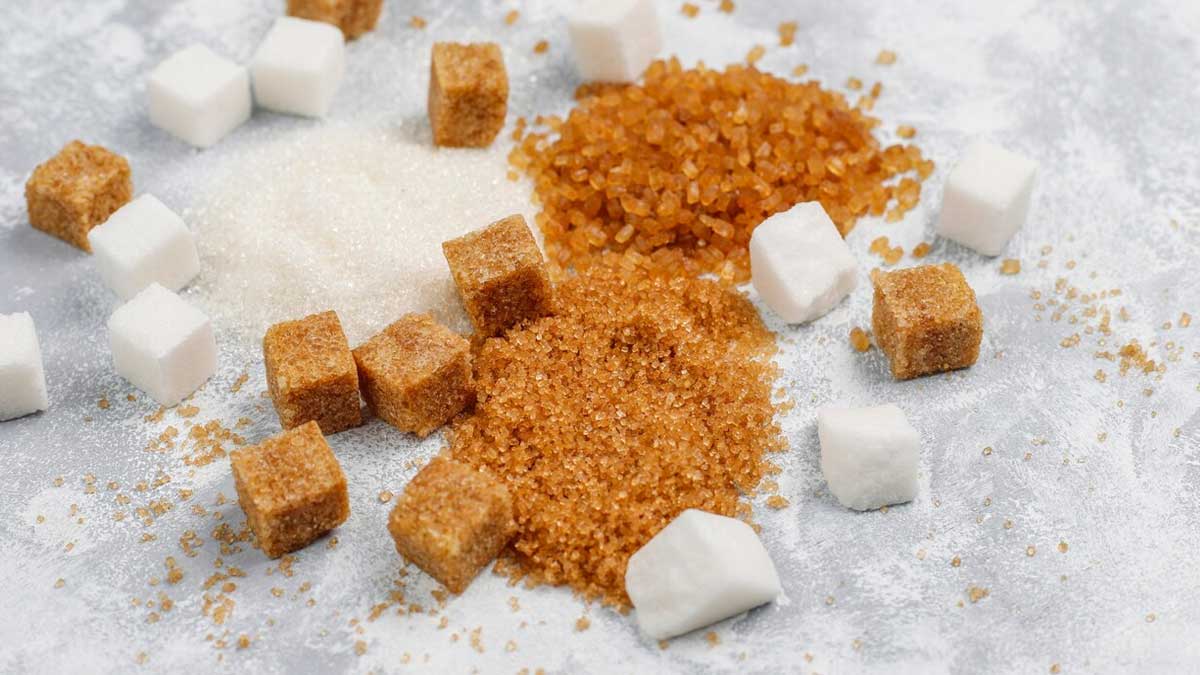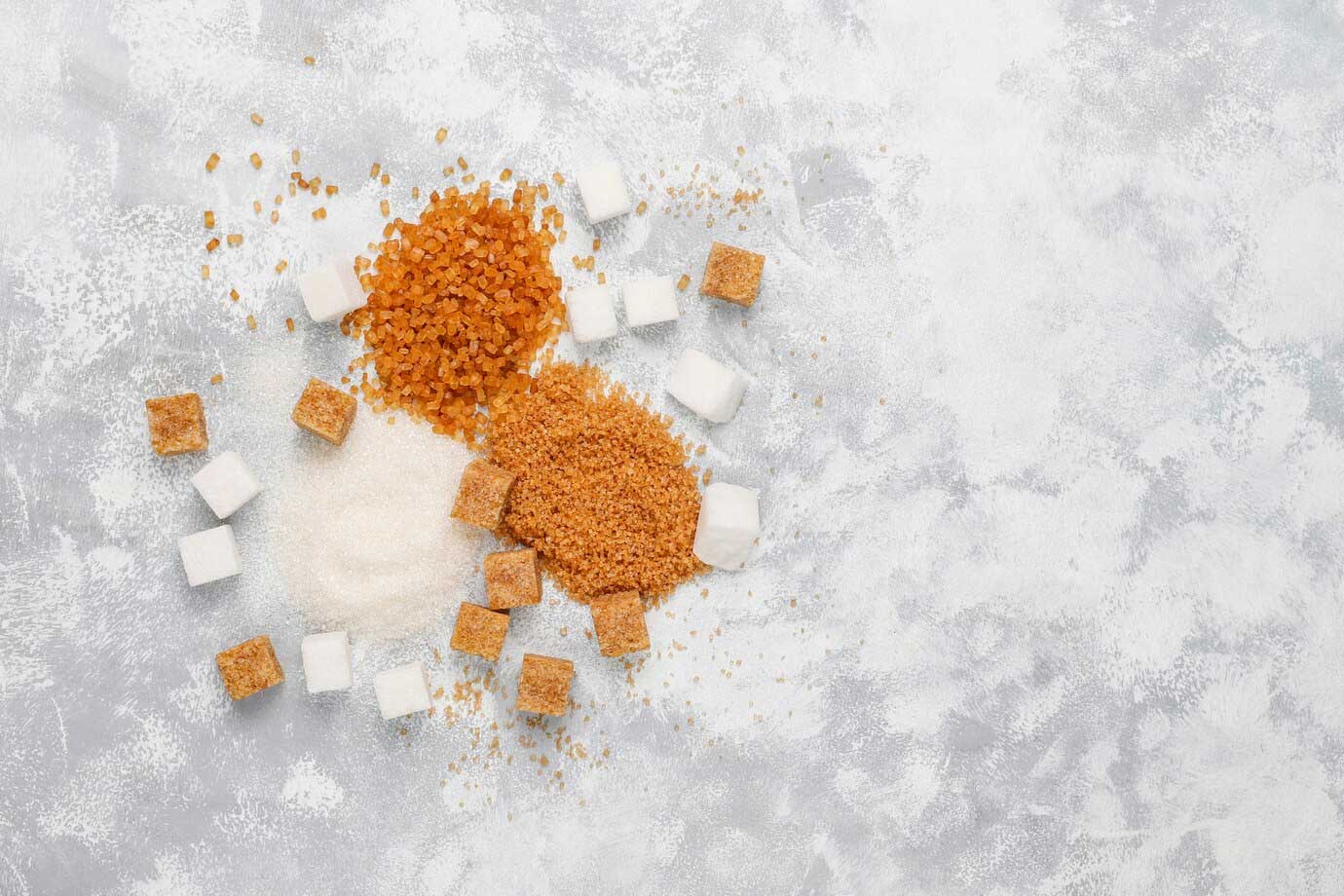
Caramelised sugar stands out as a rich, flavourful addition to a variety of culinary preparations. It lends a special touch to our favourite delicacies, from crunchy caramel coatings on desserts to the golden hues of caramelised syrups. However, as we traverse the environment of health-conscious options, questions regarding whether caramelised sugar is more harmful than non-caramelised sugar arise.
Table of Content:-
What Exactly Is The Process Of Caramelisation
Caramelisation is a cooking process that transforms sugar at high temperatures, resulting in the creation of complex aromatic compounds and characteristic browning. This process adds depth and complexity to the flavour of sugar, giving it the distinct taste associated with caramelised products.

The Composition of Caramelised Sugar
Caramelisation involves the breakdown of sugar molecules into various compounds, including acrylamide, a chemical that forms when certain foods are cooked at high temperatures. Acrylamide has been a topic of concern due to its potential association with certain health risks. It's worth noting that caramelised sugar is just one of many foods that can contain acrylamide, and its presence is not exclusive to caramelisation.
Also read: Choosing Jaggery Over Sugar Can Significantly Improve Health And Lower Risk Of Chronic Diseases
The Health Impact of Acrylamide
Research on the health effects of acrylamide is ongoing, and some studies suggest a potential link between high acrylamide intake and an increased risk of certain health issues. However, it's essential to consider the broader context and the levels at which acrylamide is present in various foods.
Comparing Caramelised and Non-Caramelised Sugar
When evaluating the health impact of caramelised sugar compared to non-caramelised sugar, it's crucial to recognize that both undergo metabolic processes in the body. The primary concern lies in the potential formation of acrylamide during the caramelisation process. However, the levels of acrylamide can vary depending on factors such as cooking time, temperature, and the specific sugar source.
Moderation and Balanced Choices
Like many indulgent foods, moderation is key when it comes to caramelised sugar. Enjoying treats that contain caramelised sugar in moderation, as part of a balanced diet, is likely to have minimal impact on overall health. Additionally, considering the diverse sources of acrylamide in the diet, it's essential to maintain a well-rounded approach to nutrition.
Alternative Sweeteners and Health-Conscious Options
For those seeking alternatives to traditional sugar, various natural sweeteners and sugar substitutes are available. These alternatives can be used in cooking and baking to achieve sweetness without undergoing the caramelization process. Exploring these options allows individuals to tailor their sweeteners to align with their health goals.
Eat Caramelised Sugar Mindfully
Caramelised sugar, with its luscious taste and distinctive aroma, adds a delightful dimension to many culinary delights. While the potential formation of acrylamide raises questions about its health impact, moderation and informed choices can mitigate concerns. By savouring caramelised treats in moderation, considering alternative sweeteners, and maintaining a balanced diet, one can continue to enjoy the sweet pleasures of life without compromising their well-being.
Also watch this video
Read Next
Post-Chhath Puja Feast: Nourishing Foods to Embrace and What to Avoid for a Healthy Transition
How we keep this article up to date:
We work with experts and keep a close eye on the latest in health and wellness. Whenever there is a new research or helpful information, we update our articles with accurate and useful advice.
Current Version
